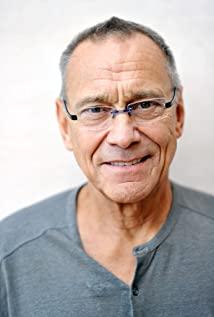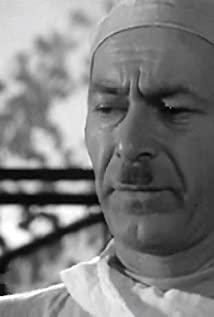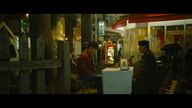-
Neoma 2022-01-09 08:01:14
On its capital-traveling and modernity
1
In the first feature film "Ivan's Childhood" in 1962, the secretary of the film club Goskino criticized him for running away. We now call him a poetic film. But where is the poetry? Where is the capital travelling?
If you don't restore a historical context, I don't think it can be clear about this...
-
Shanna 2022-04-19 09:02:33
art war movie
"Ivan's Childhood" is the work of Andrei Tarkovsky, one of the three saints of art films. At first seeing the name of the film, it was hard to think that it was a film about war. It is most different from other war films in that the film selects a child's perspective to narrate, and the...
-
Victoria 2022-03-20 09:02:15
Looking at the cumulative damage of World War II, there is no death process in the whole story, only two isolated states of being alive and dying. Lao Ta uses golden poems to dissolve a child's traumatic experience, repeated nightmares, endless zooming in search photos, which are free from millions of deaths, and what kills him is memory. The cold, warm, and never-to-go memories are like poems that light up life, calling him to go away.
-
Bernadette 2022-04-24 07:01:17
The reality and dreams of the young Ivan are intertwined, and the structure is unconventional. He told the scouts that he fought until the last moment to hang himself, and there was no fierce battle or killing, nor did he preach the final victory of World War II, but profoundly reflect on the war. It can be noted that the tracking camera of the guide tower, the first vision cuts into the nurse Masha's heart, and her love is completely permeated in the birch forest. You can also see Ivan's poetic dream.
Related articles
-
Ivan's Mother: If a well is really deep, you can see a star down there even in the middle of a sunny day.
-
Ivan: Is he a Fritz too?
Galtsev: He's either a German doctor or writer.
Ivan: They have no writers. I saw them burning books in a square. They poured gasoline on them and set them on fire. There was soot in the air for a week.
Galtsev: That writer lived 400 years ago.
Ivan: Well, then maybe.

















































